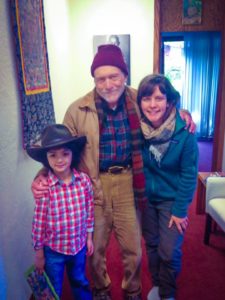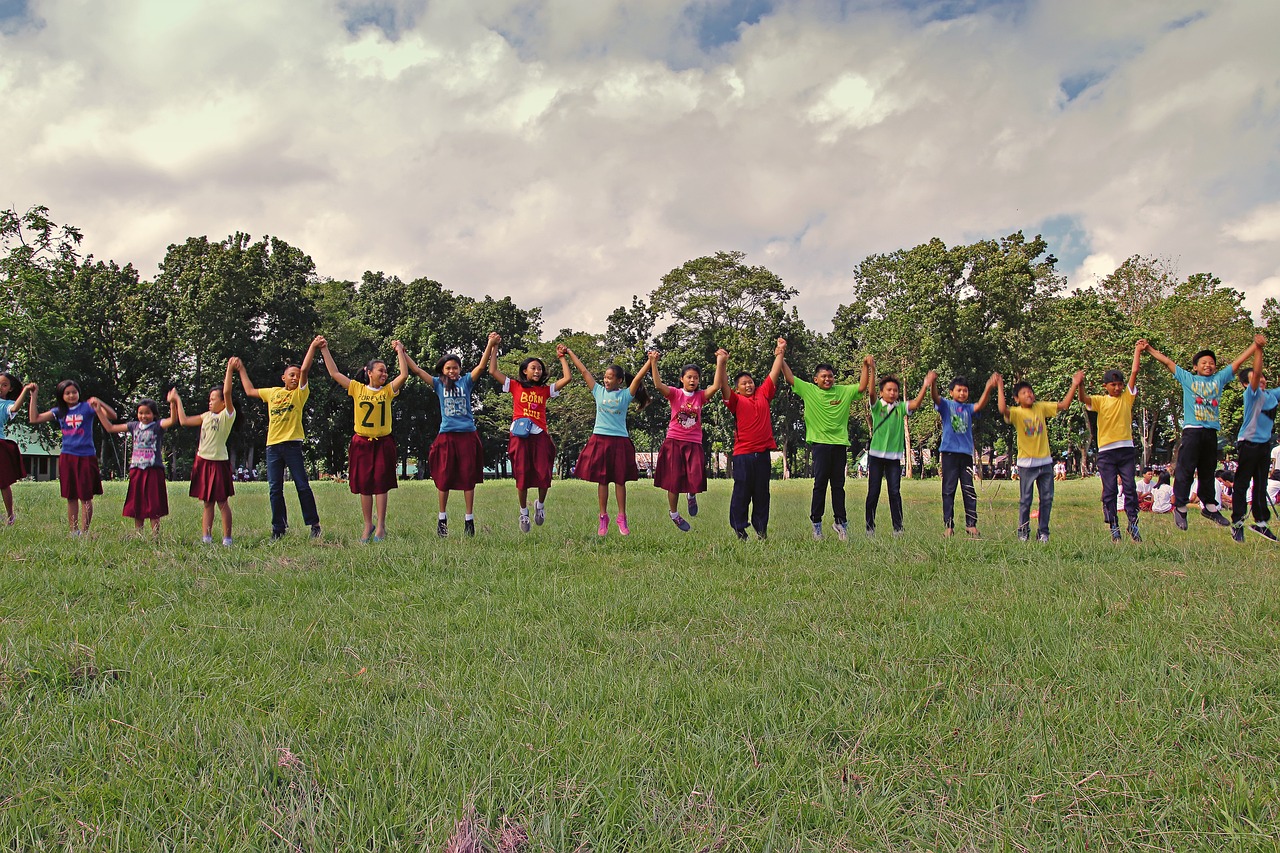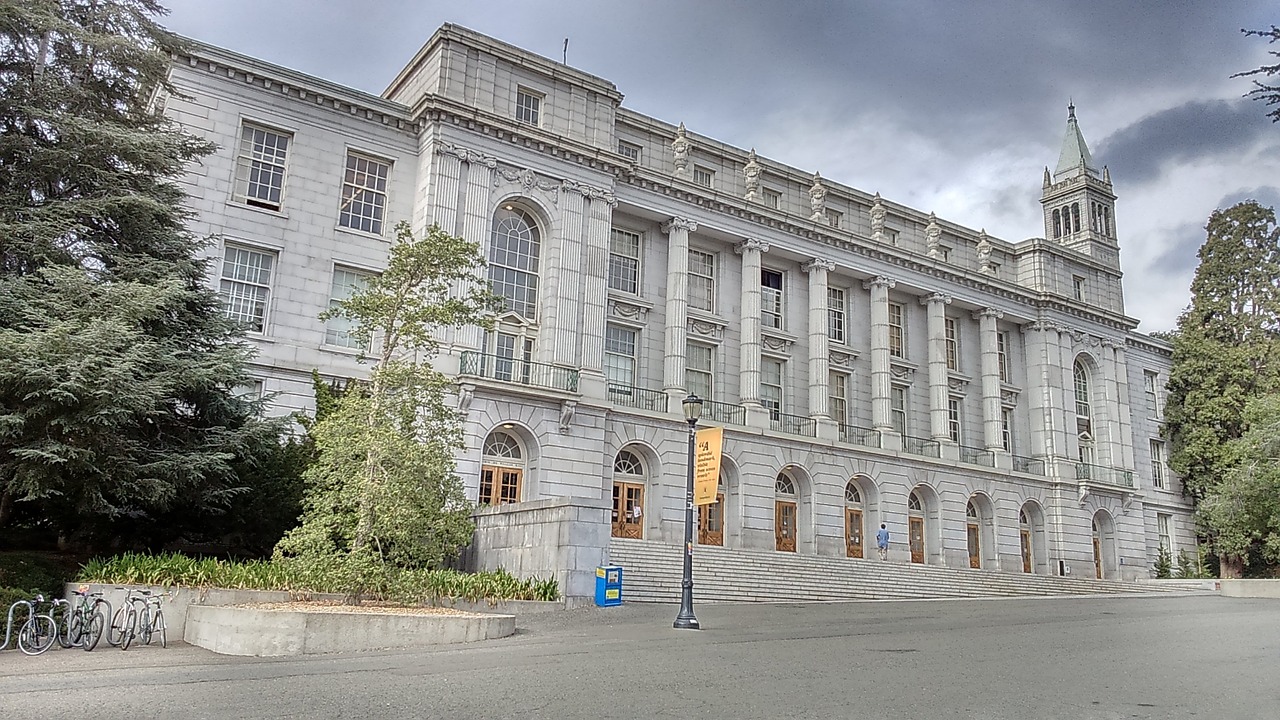 Since mid-March we’ve been moving into a new office in downtown Petaluma. Now that we’ve vacuumed up the last bit of sawdust from the floor (all our shelves were hand-built and crafted by our own Michael Nagler), placed the final book in our Gandhi library, arranged the last piece of furniture for our nonviolence home—and inaugurated our meditation corner—we are ready to open our doors to our community.
Since mid-March we’ve been moving into a new office in downtown Petaluma. Now that we’ve vacuumed up the last bit of sawdust from the floor (all our shelves were hand-built and crafted by our own Michael Nagler), placed the final book in our Gandhi library, arranged the last piece of furniture for our nonviolence home—and inaugurated our meditation corner—we are ready to open our doors to our community.
We are now located at 205 Keller Street, Suite 202D, Petaluma, California. (For mail, please continue to use the PO Box 98 address.)
We hope you’ll join us in person. Here are a few ways of getting involved and taking action:
1. Volunteer in person at our office: Volunteering is an opportunity to put your skills to the service of the larger nonviolence movement worldwide while also deepening your learning of how nonviolence works. Choose your frequency: once a month, once a week, etc.
2. Monday Meditations: 3:15-3:45 pm every Monday to nourish the mind, body, and spirit of the Mahatmas-to-be in our midst. (Or, join us from wherever you are at, at that very time, and we’ll be united in heart.)
3. Restorative Justice Strategy Team: Meets first Tuesdays from 3:30-4:30. This is a project open to those living in Petaluma who feel passionately that the time is now for restorative justice to play a bigger role for our youth in our community’s school system. The Metta Team kindly invites all interested and committed community members to join us on our strategy team and TAKE ACTION.
4. Nonviolence Mentoring: We work with people around the world on the dynamics of nonviolence, to practice this great power more safely and more effectively. We are now offering in-person mentoring and nonviolence study at our office.
5. Family Program: Second Tuesday of the month from 3:30-4:30 pm. Bring your child to the Metta Center for a story, craft, and snack. Spaces limited.












